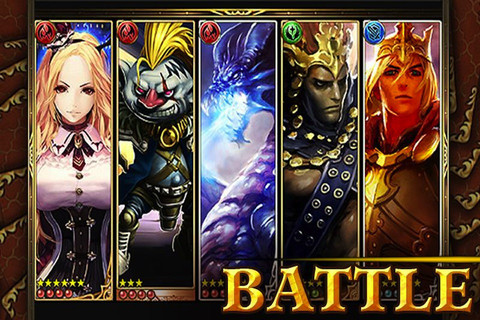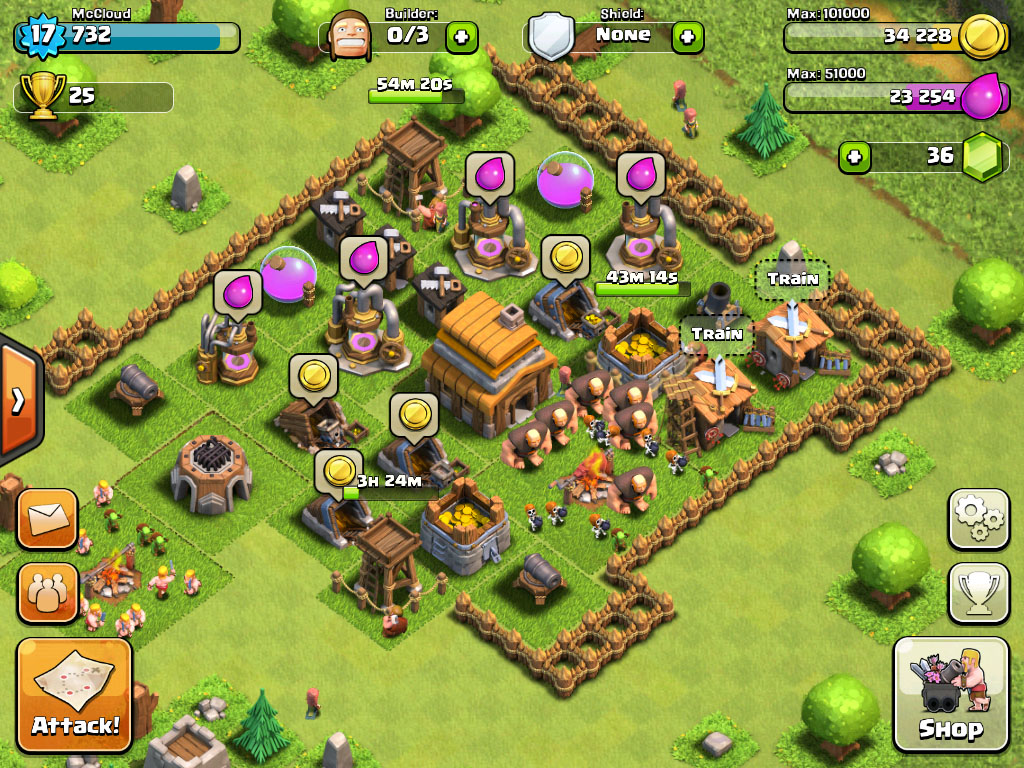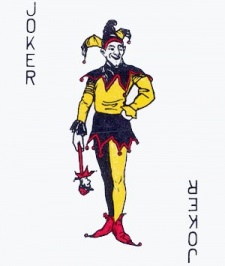It makes sense Zynga has spent so long reworking its first big hit FarmVille in so many different ways, while EA has had the devil of a time getting out of its annual retail-based refresh for the likes of its FIFA and Madden franchises.
Similarly, GREE and DeNA are looking to reinvent their massive success in Japan in the west by releasing the types of games that drove that success.
At the moment this means 2D card-battling games.
Trumped
Great. It's a genre that's cheap to make and which works brilliantly for a culture built around cards, symbols and calligraphy. After all, that's what Nintendo made from 1883 to 1974 - playing cards.
Reworked in the correct manner - in games such as Pokemon - it's been proven as a concept that works globally.
The sort of card-battling games being pushed heavily by the likes of DeNA and GREE (and even Gameloft has released one) are never going to be more than a niche - in exactly the same way that Magic the Gathering is a niche.
The main reason is they are completely baffling.
I've attempted to play four or five (including the tutorials) and understood precisely zero about what I have to do, except that I'm always being asked to spend money. People who have played such games, often only for educative purposes, suggest they are all the same only with difficult themed graphics.
Cut the deck
So, it's a niche; which doesn't mean it won't be a successful niche, only that these game won't be huge successes.
Rage of Bahamut had done well; maybe up to five million downloads and still in the US top grossing charts.

Mobage hit Rage of Bahamut
It's probably making around $3-5 million per month, but that's nothing like the $26 million card-battler Griland is making just in Japan on the GREE platform.
My point - these game are hardly an Angry Birds, a Fruit Ninja or Temple Run.
Make it real
No, the mechanic that's far more likely to work on a global level is a much fuller implementation (conceptually and graphically) of Player versus Player.
For long a core feature of MMOGs, especially in territories such as Korea, China and Russia, it's coming fast to mobile gaming. Partly this is happening as companies such as Nexon (Korean), Mail.ru (Russia), Game Insight (Russia) and Innogames (German) bring their PVP-heavy PC online games to mobile.
It's also becoming easier as technology such as the cloud and Game Center become more robust and adopted by players.
To further prove the trend, Korean publisher Com2uS has announced the PVP mode in its Homerun Battle has been played over 400 million times, while Glu Mobile has spent $2.8 million buying GameSpy to give it multiplayer expertise.
Light touch
More interesting are the wave of new games which use the feature to drive engagement and monetisation.
A good example of this new approach is Finnish outfit Supercell's Clash of Clans which combines fairly generic - if graphically sweet - city-building gameplay with player co-operation (clans) and player competition (attacking other players' cities).

Supercell's Clash of Clans
What's particularly significant about it is that compared to hardcore PVP, there's little penalty if your city is destroyed in Clash of Clans.
It quickly regenerates and all you've lost is an amount of resources, and a gnawing need for revenge - something that certainly drives monetisation and retention.
And it's such games, particularly those that have 'console-style' graphics (i.e. 3D and shaders, not 2D and text), that will appeal to the widest audience.
For all their success in Japan, card-battlers are merely an evolutionary cul-de-sac along the way.






















